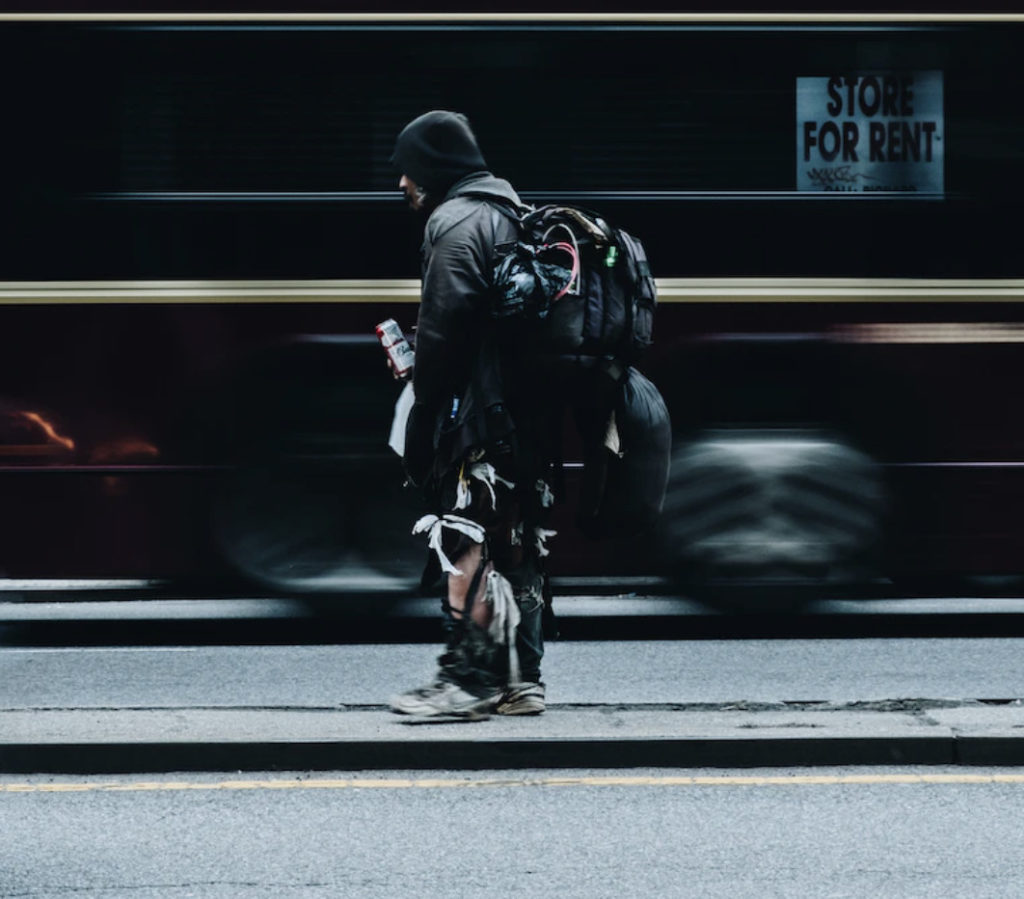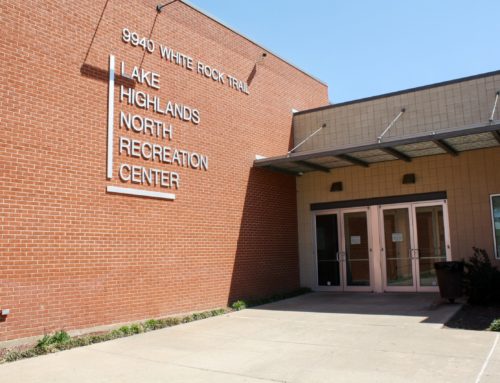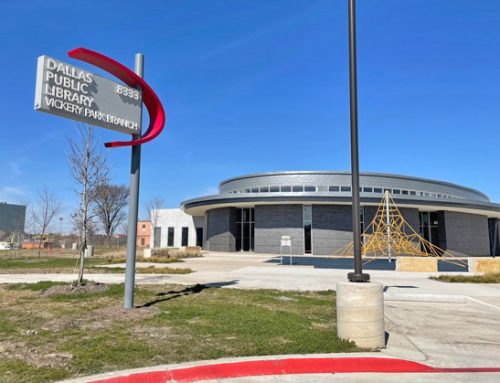
Zac Ong fror Unsplash
All but one Dallas City Council member on Wednesday voted in favor of an addition to the city code that would make standing or walking on medians illegal.
Thanks to that 13-1 vote, citizens can be fined up to $500 for “dwelling” on the median.
Ostensibly the amendment is to protect pedestrians from harm, but its opponent argues it is an attempt to criminalize panhandling, which the Supreme Court has ruled a protected form of free speech.
“Our city should be ashamed of such regressive policy that is meant to discriminate and perpetuate a cycle of poverty,” Rep. Adam Bazaldua, D7 said on social media. “This will not make any roadway safer, but will allow for more targets on the backs of already targeted and vulnerable people in our city.”
In Texas, unpaid fines, tickets and court costs, even resulting from traffic violations and the lowest level misdemeanors, can lead to arrest.
The amendment was a matter of public safety, according to proponents.
Council member Gay Willis said she has called 911 many times to report people on road medians who appear to need help. The ordinance could decrease possible risks to themselves and motorists, she said.
“Having been a carpool parent, I can’t imagine having all the distraction in your car with having to worry about what may be in the middle of a roadway.”
Department of Transportation’s Ghassan Khankarli pointed to pedestrian fatalities as a justification for the ordinance.
He said pedestrian deaths are trending upward. Responding to D14’s Paul Ridley‘s question about cause, he said he knew of two deaths related to people standing in medians.
Police Assistant Chief Michael Igo attributed the majority of pedestrian deaths to jaywalking. He knew of one fatality related to someone “being hit by a car after stepping off the median.” He did not know of one accident related to drivers distracted by someone on the median.
(DPD and DOT had different statistics but both said pedestrian fatalities increased by two from 2020-2021.)
Bazaldua said the amendment is redundant (that other ordinances already address pedestrians standing in public right-of-ways), legally precarious and dishonest — it’s an unsubtle effort to criminalize panhandling and homelessness and unconstitutional, he said.
“It is extremely disingenuous to stand here and tell us that this is about public safety. This is about NIMBYism,” he said. “The wording makes clear who we are targeting … it is narrowly tailored to focus on people who need the most help.”
Other cities (such as Portland, where panhandling is especially problematic) have tried similar tools in the apparent interest of public safety, and there are cases in which it has been found unconstitutional. Oklahoma City was sued by the ACLU for a similar ordinance, Bazaldua said at the meeting.
Council member Jesse Moreno D2 suggested the city track data on traffic safety improvements related to the new ordinance; the majority agreed to that.
The full council meeting can be viewed here.





